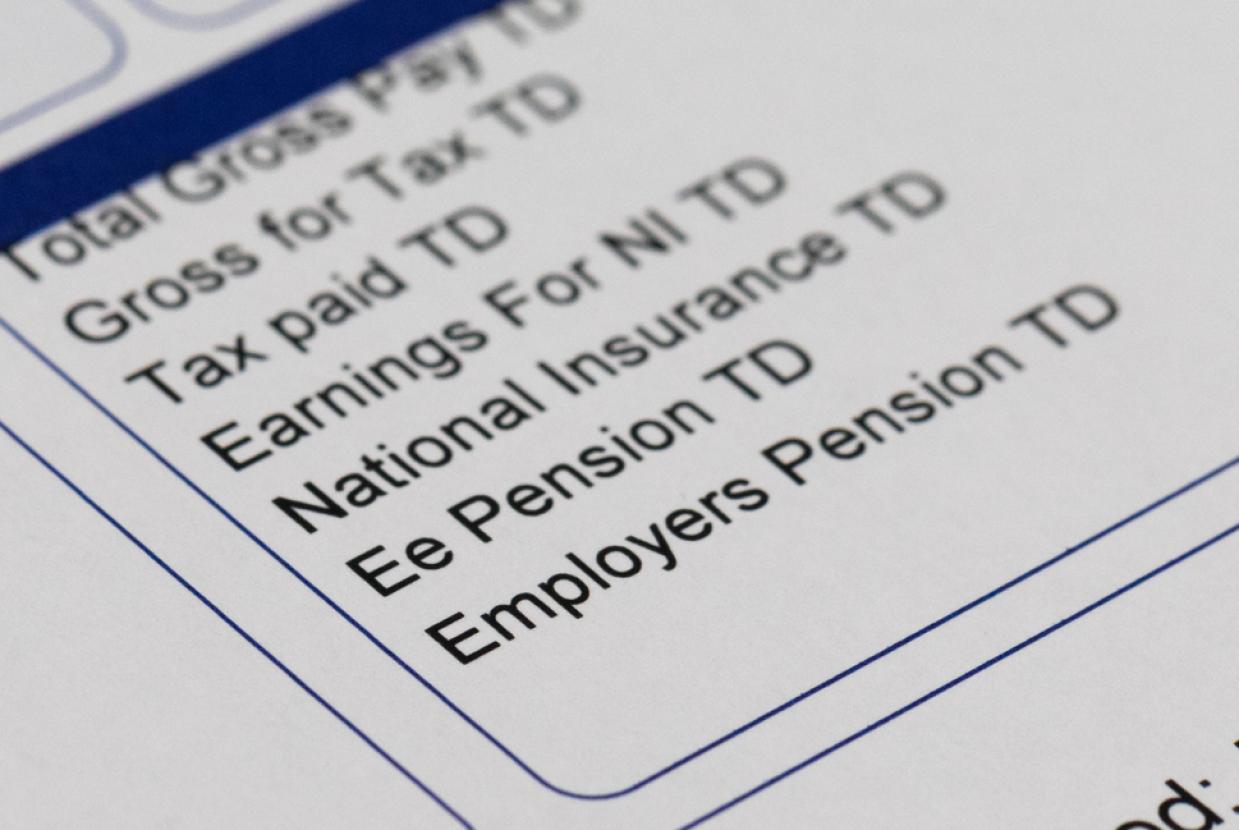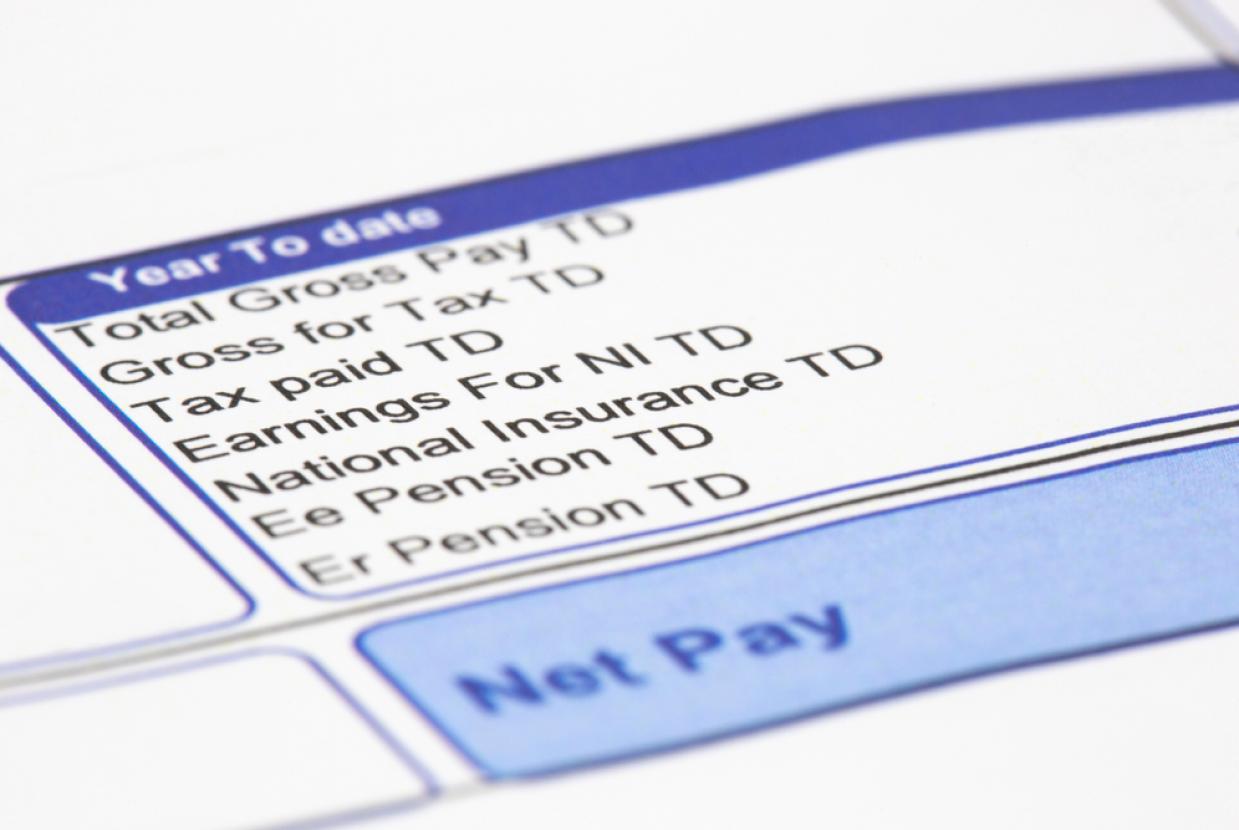How To Divide Possessions If You Separate
Deciding who gets what when a relationship ends can be difficult, but there are ways to make it easier. When dividing your possessions, try to agree as much as you can with your ex-partner – and be prepared to compromise.
Dividing personal possessions
It’s likely that one or both of you have a significant emotional attachment to your possessions, such as your:
- furniture
- music collection, or
- shared family car.
It might be hard if you can’t keep things that you believe you’re entitled to, but try and reach an agreement if you can. Use mediation if necessary.
When thinking about furniture and cars, start by working out where you’ll both live after you separate. Will you both need to furnish new properties? If so, dividing the furniture and big appliances so that you each keep some or buy some new ones can be a fair approach.
Go through the house, the garden shed and the garage and attic – and prepare a list of what’s there. Then try to agree who gets which items.
There might be some things you can’t agree on. As a last resort, you could take it in turns to choose from a list of what’s left.
Dividing possessions if you’ve been cohabiting
If you’re dividing items you’ve bought while you’ve been together and you can’t agree who should get what, it’s useful to know what the law says. In general terms:
- the person who bought the item owns it
- if you’ve been given something as a present, you can keep it, and
- if you bought something between you, you both own it. If one of you paid more towards it, it would be assumed you’d divide it like that. In other words, one would buy the other out.
Agreeing who keeps the car
One of you could keep the family car, perhaps because of work commitments, in exchange for giving up other household possessions. But consider if you have an unpaid loan on the car and who’ll be responsible for making repayments.
Sorting out jewellery, paintings and collectibles
It might be worth getting an expert valuation if you have a joint collection of valuables, such as:
- jewellery
- paintings, or
- collectables.
You’ll usually need to pay for this service. If you are divorcing or dissolving your civil partnership, these collections could be taken into account as part of the ‘pot’ of assets to be divided, unless they’re very low in value.
It’s much better if you and your husband, wife or civil partner can agree how this should be divided.
Agreeing who keeps your pets
It’s best if you and your ex-partner can agree who should keep any family pets. Try and put the welfare of your pet first. You might feel that your pet should be with you, but that might not be the best solution.
If you have children and they want to see your pet, it might make sense to arrange things so they can see it as much as possible. Where possible, try not to separate children and pets.
Work out if you’ll be able to afford to keep the pet after you split up. Pets can be costly. It’s not only the cost of food you have to budget for. Vet’s bills can be expensive unless you have pet insurance.
Pets take time to look after. Make sure whoever plans to keep the pet will have time to look after it. And, if you’re moving, make sure your new home will be suitable.
What the courts would do about your pets
Are you and your ex-partner getting divorced or dissolving your civil partnership, and can’t agree what should happen to your pets? If so, you could ask the court to decide who should keep them.
But be aware that it’s not something the courts generally like to spend time deciding and you might find your pets would be treated like any other financial asset. That means that the court could order that:
- both owners split the time they have with the pet, or
- only one of you looks after the pet.
Courts don’t have to take the pet’s welfare into account. So, even if the pet could find it stressful to be moved to a new home, the court might still order this.
Your next step
It’s worth reading our guide Review insurance for your home and possessions after you separate.



































